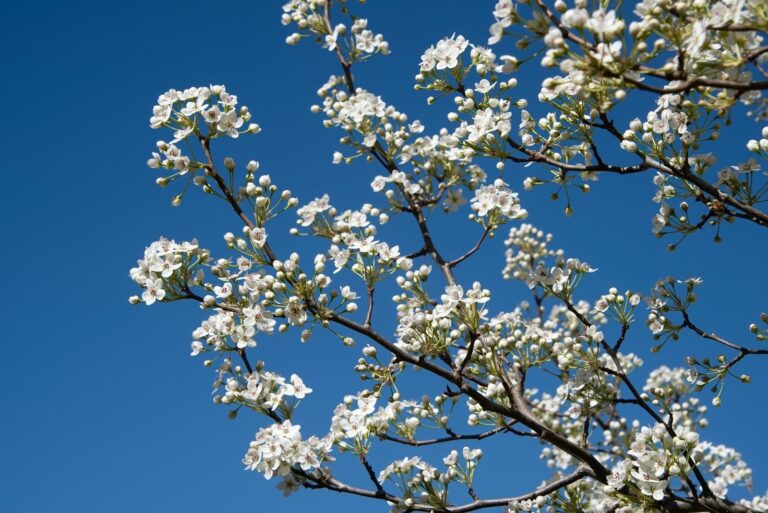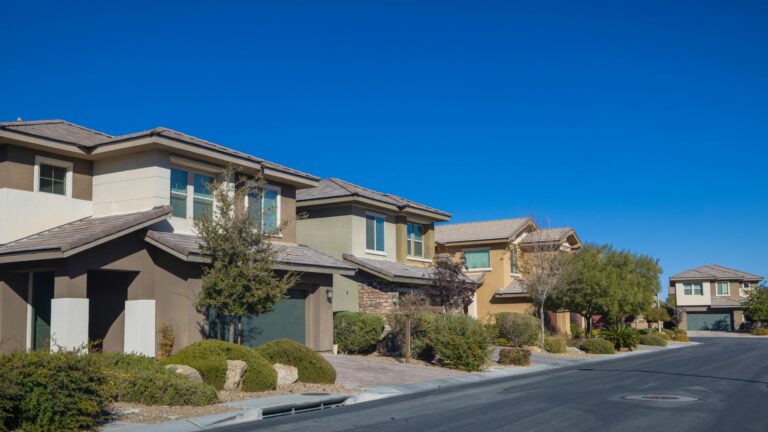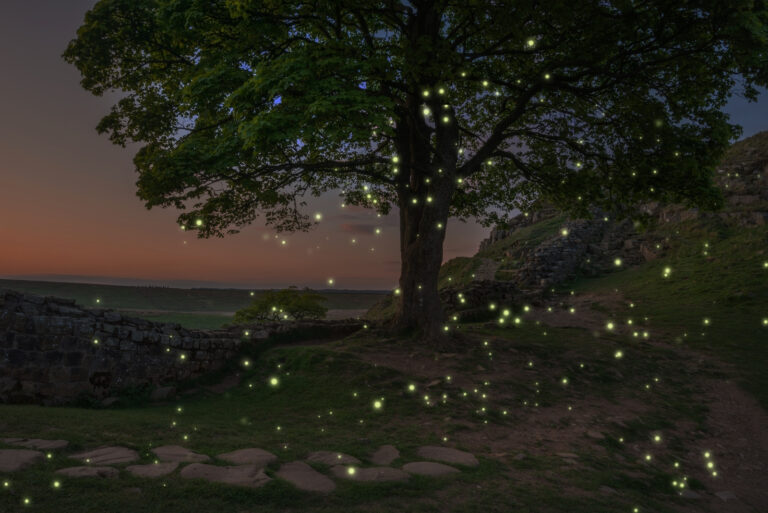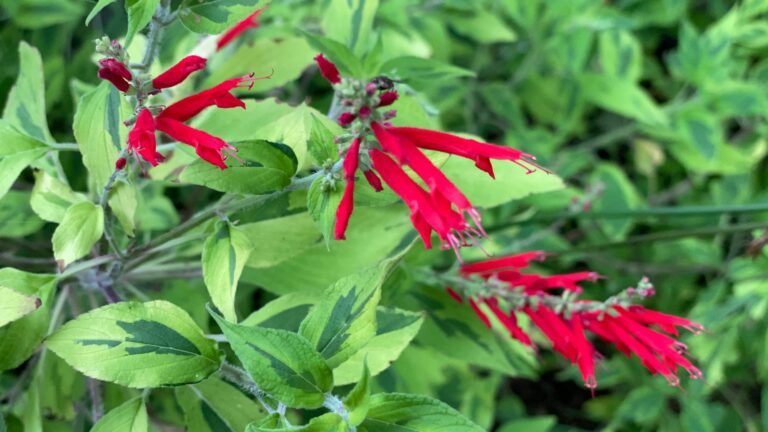Who Takes Responsibility When A Neighbors Tree Falls Into Your Yard In New York

A neighbor’s tree crashing into your New York yard can feel like trouble just landed with a thud, and confusion usually isn’t far behind.
One moment the lawn looks fine, the next it resembles a scene straight out of a storm drama. Fingers start pointing, tempers run hot, and curiosity kicks in about who picks up the tab. Sorting out responsibility often turns into a tightrope act, but clear rules keep the process from going off the rails.
1. Acts Of Nature Usually Mean No Liability

Mother Nature can be unpredictable, and when storms knock down healthy trees, your neighbor typically isn’t responsible for the damage. New York law treats these events as unavoidable accidents.
If the tree was in good condition before falling, you’ll likely need to file a claim with your own homeowners insurance. The law doesn’t blame property owners for natural disasters beyond their control.
Documentation of the tree’s health before the incident can matter if disputes arise later.
2. Negligence Changes Everything
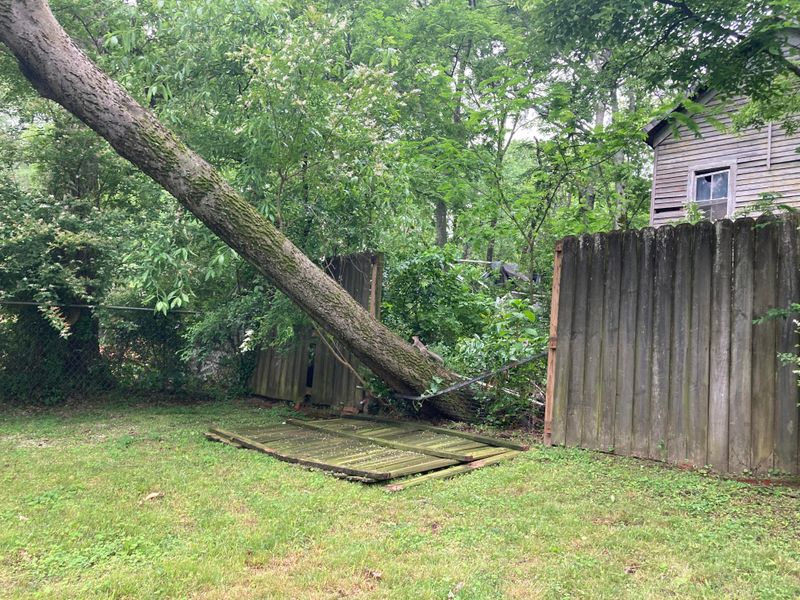
Did your neighbor ignore warning signs of a damaged or diseased tree? That’s when responsibility shifts dramatically in their direction.
New York property owners have a duty to maintain trees and address obvious hazards. If they knew about rot, large damaged branches, or leaning trunks but did nothing, they could be liable for damages when the tree falls.
Taking photos and documenting complaints before an incident strengthens your case if legal action becomes necessary.
3. Document Everything Immediately
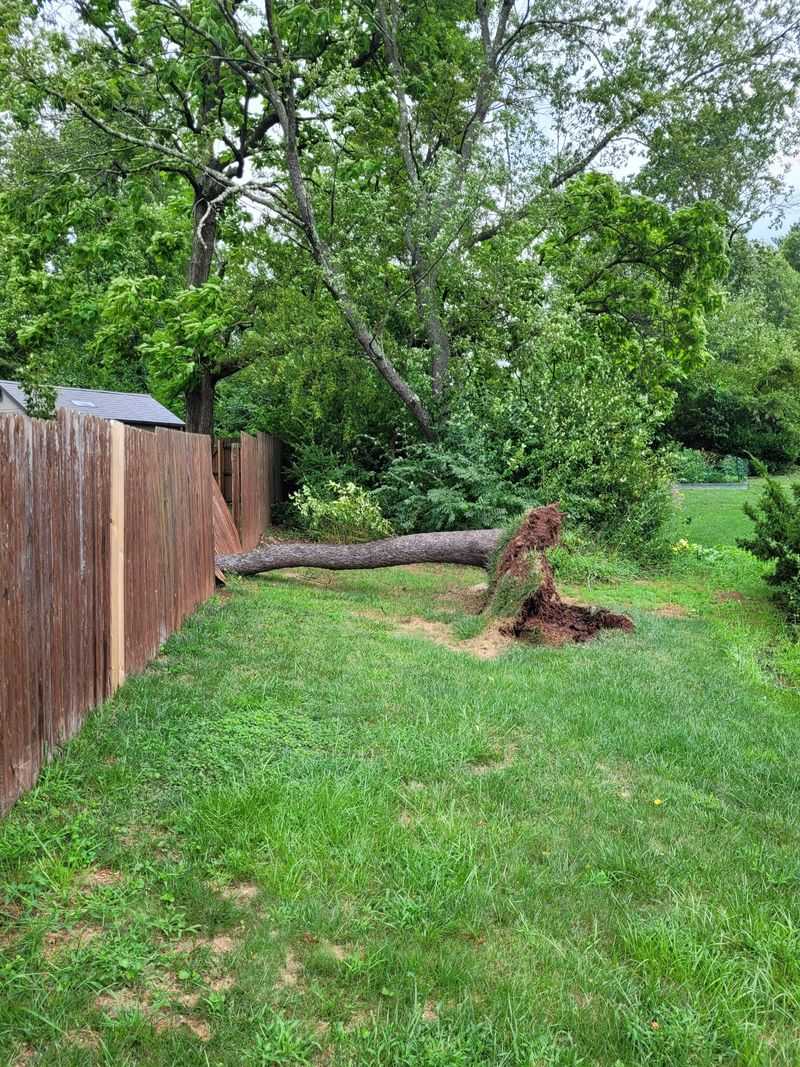
Grab your camera or phone right after a tree falls and start taking pictures from multiple angles. Capture the damage to your property, the tree itself, and where it came from.
Write down the date, time, and weather conditions too. Contact your insurance company quickly, even if you think your neighbor might be responsible.
Good documentation protects your interests whether you’re filing an insurance claim or considering legal options down the road.
4. Your Insurance Usually Covers Your Property First
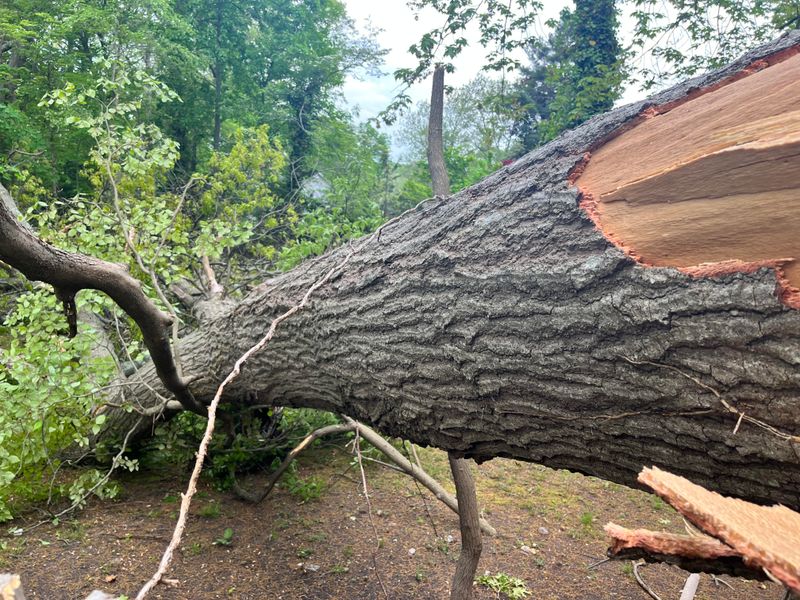
Most New York homeowners insurance policies cover tree damage to your house, fence, or other structures regardless of where the tree originated. Your policy kicks in first to handle repairs and cleanup.
Insurance companies might later pursue your neighbor’s insurance if negligence was involved through a process called subrogation. You typically pay your deductible and let the insurance companies sort out who’s ultimately responsible.
Review your policy to understand your coverage limits.
5. Branches Hanging Over Belong To You
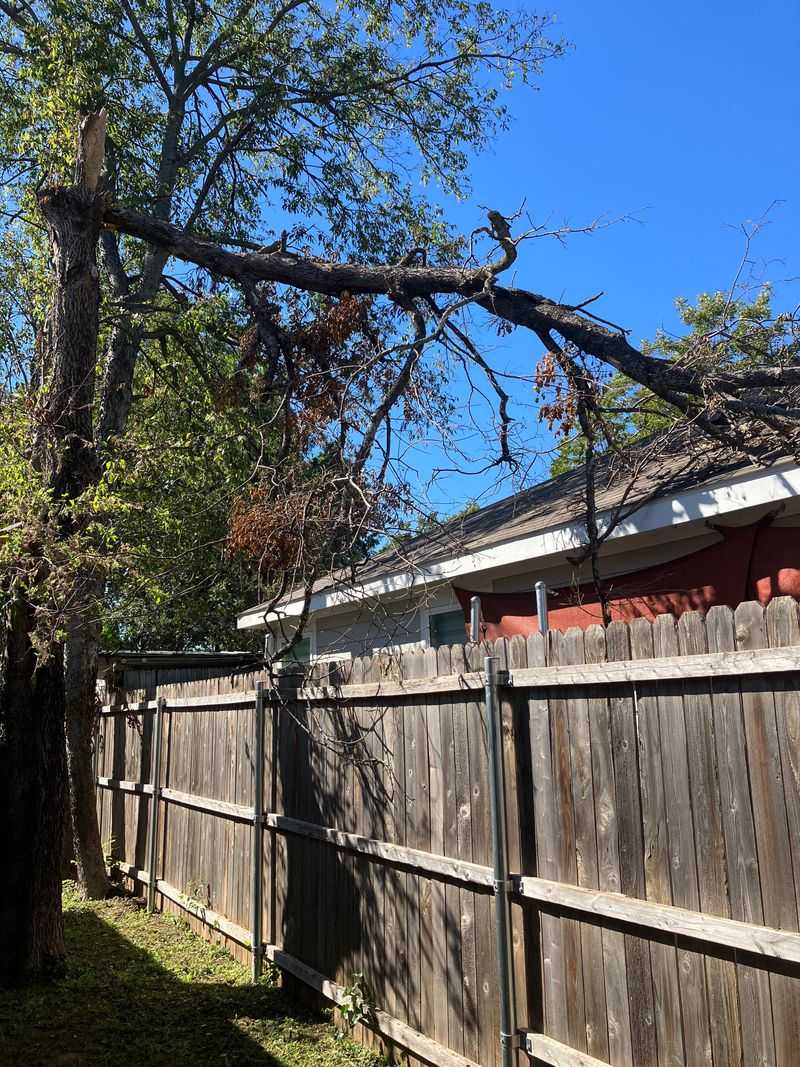
Branches crossing your property line become your responsibility to maintain, even if the trunk sits in your neighbor’s yard. You can trim them back to the boundary without asking permission in most cases.
However, you can’t damage the tree in the process, and you must stay on your side of the property line. If trimming might harm the tree’s health, consult an arborist first.
Communication with neighbors prevents misunderstandings and maintains good relationships.
6. Warning Your Neighbor Creates A Paper Trail
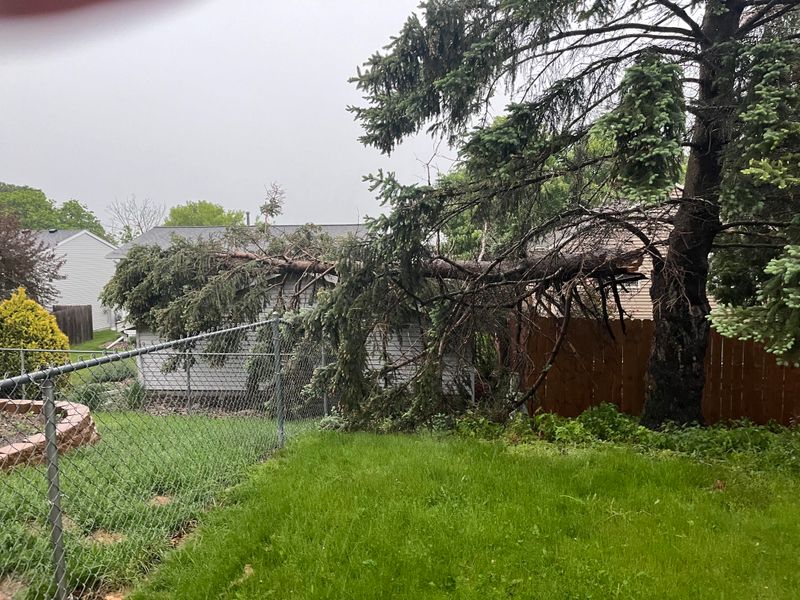
Spotted a dangerous tree on your neighbor’s property in New York? Send them a written notice describing your concerns about the hazard it poses.
Keep copies of all correspondence, including emails, letters, or texts. If they ignore your warning and the tree later falls, this documentation proves they knew about the problem.
Certified mail provides proof of delivery. Being proactive protects you legally and might motivate your neighbor to address the issue before disaster strikes.
7. Small Claims Court For Minor Damages
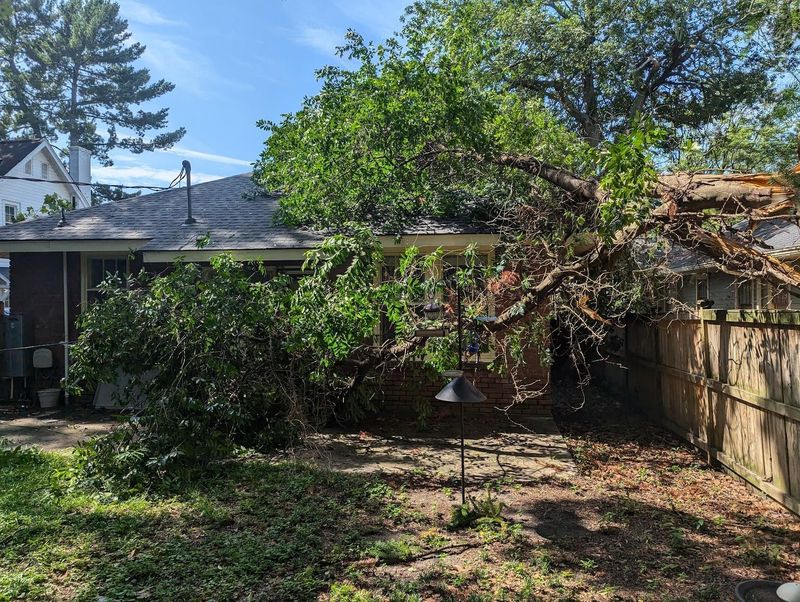
When damage costs fall below New York’s small claims limit (currently around $5,000 in most towns), this court offers an affordable solution. You don’t need a lawyer, and the process moves relatively quickly.
Bring all your documentation, photos, repair estimates, and evidence of your neighbor’s negligence. The judge will review the facts and make a binding decision.
For larger claims, you’ll need to file in a higher court where legal representation becomes more important.

